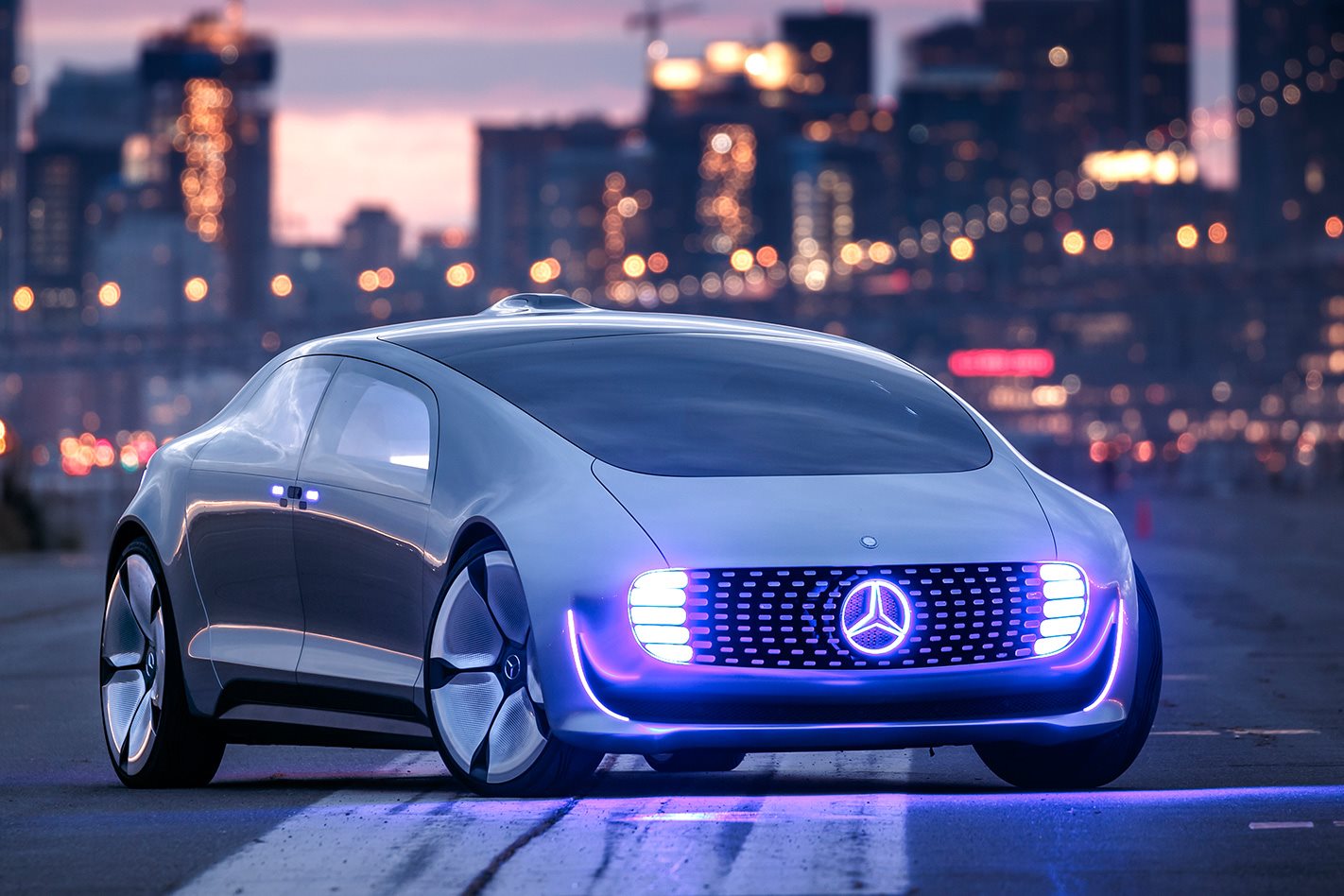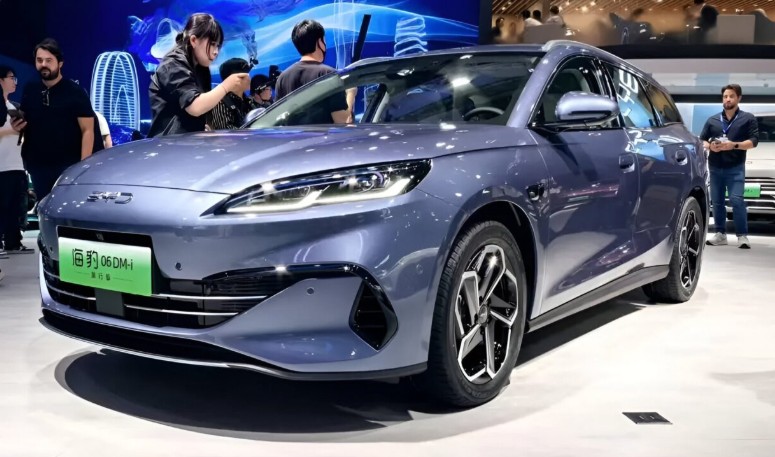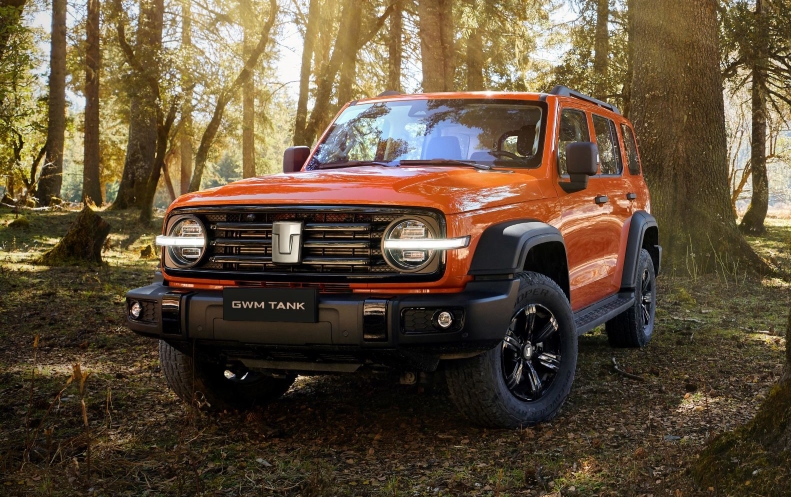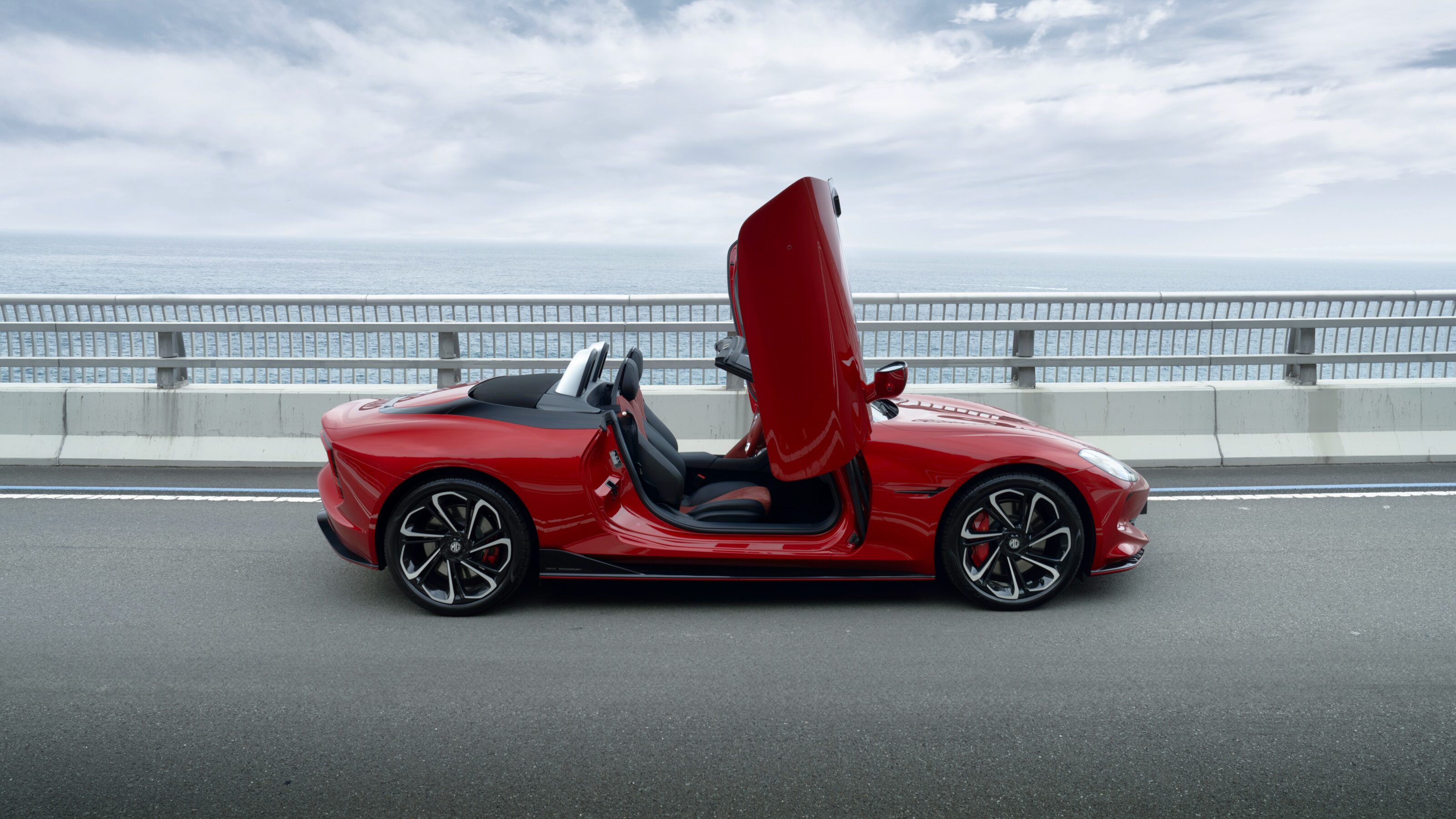MERCEDES-BENZ will reveal a pure electric concept car at the Paris motor show in September – tipped to take the form of an SUV that will debut a new, futuristic design language.
The zero-emissions concept car will be the first in a family of four confirmed electric vehicles split into two SUVs and two sedans – one of which will take the fight to the Tesla Model S, and will provide the clearest look yet at Mercedes’ future electric strategy.
Built on a new scalable electric vehicle platform called Electric Vehicle Architecture (EVA), the SUV will be four-wheel drive, have a range of 500km and could produce Tesla-beating levels of performance, with Mercedes director of E-Drive system Jurgen Schenk saying “it will be dangerous”.
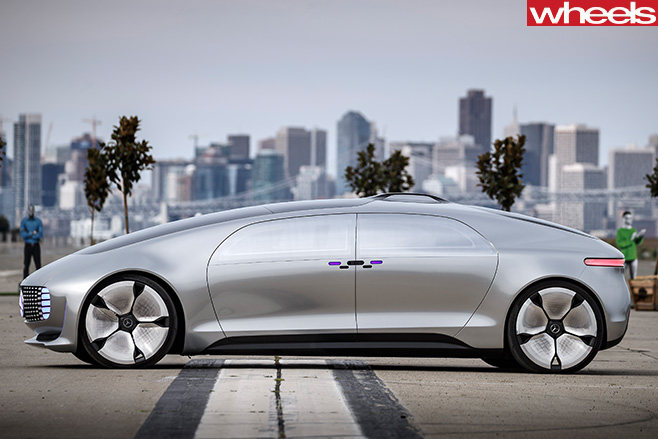
Following its Paris debut, a production version of the electric SUV is likely to hit the road in 2019.
“It’s expected in this decade, we don’t tell you more about the real year,” said Schenk. “Maybe you will get more information at the Paris auto show, but it’s planned for this decade.”
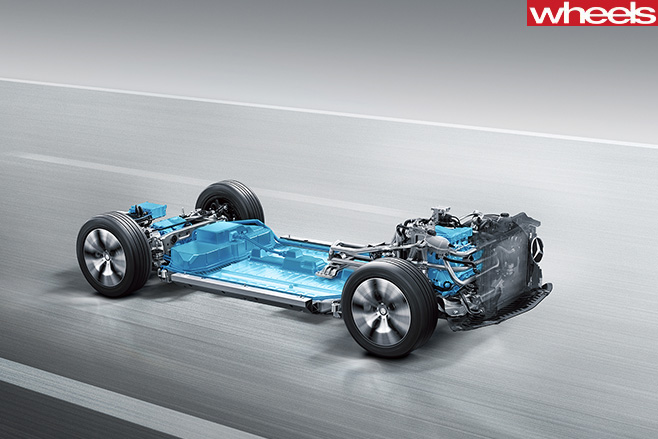
“We started with 42 people in 2007 and now there are around 450 in the main team and over 1000 in the wider team,” said Schenk.
While the SUV concept is expected to be a standalone model, the EVA is engineered to slot beneath existing Mercedes models, to improve the economies of scale of future electric cars.
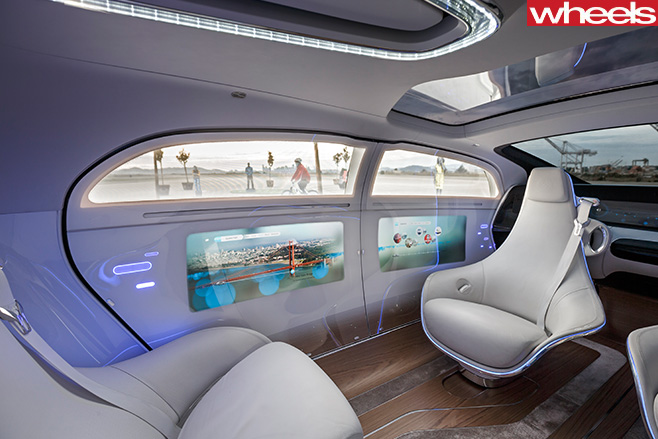
And while Mercedes’ first dedicated electric car will offer a range of 500km (a Tesla S 90D currently has a claimed range of 557km), Schenk expects battery advancements to see that number double to 1000km of pure electric range within five years.
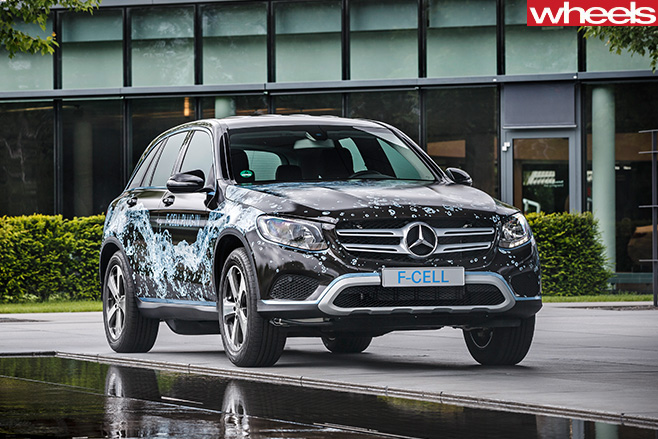
Plug-in hybrids also play a part in Mercedes’ strategy, with the brand reaffirming its plan to have 10 plug-in models by 2020 – one of which will be the facelifted S-Class [link to Duff’s story] due next year.
The next S-Class will debut inductive charging, a new family of in-line six-cylinder petrol engines and the latest version of Mercedes’ Drive Pilot system, which will take the Mercedes brand a step closer to fully autonomous driving.


